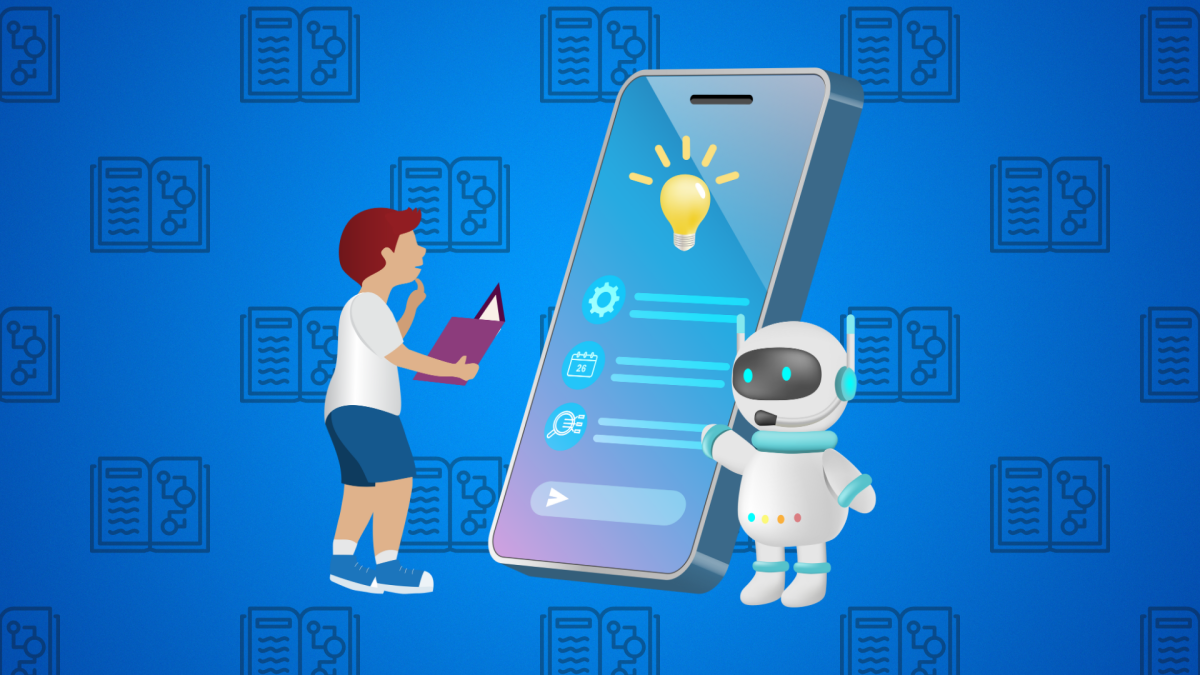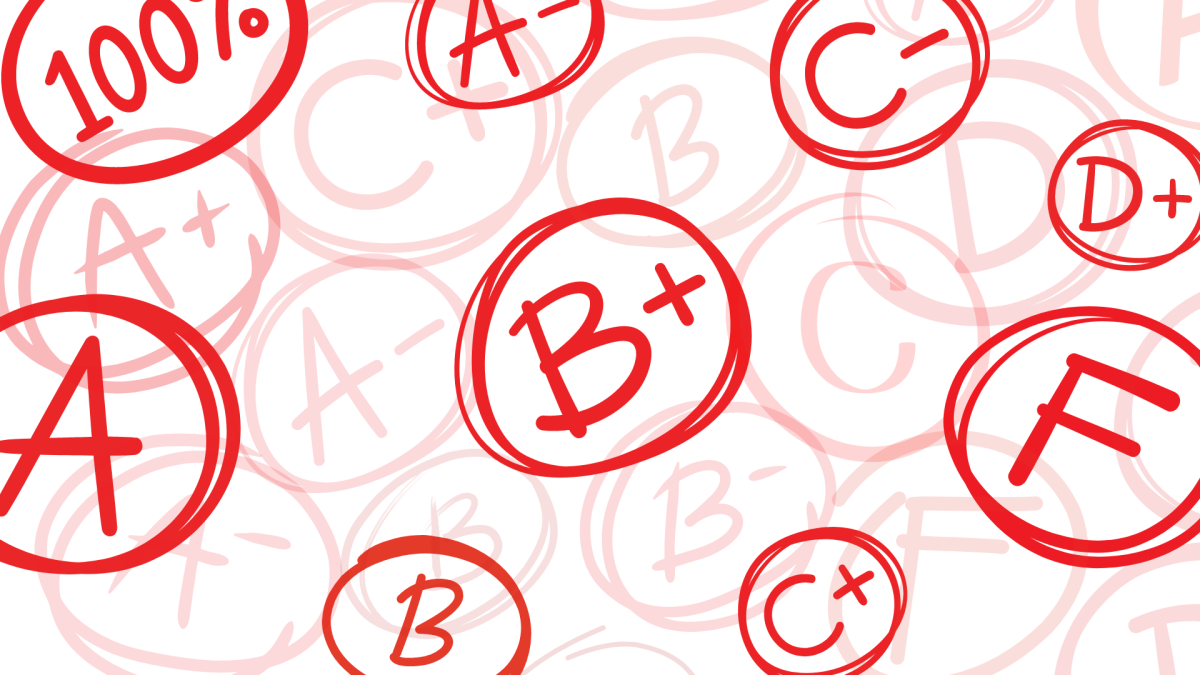Earlier this year, AI boomed in popularity. Artificial intelligence, otherwise known as AI, has been used in a variety of mediums due to its ability to analyze data and use that to understand, learn, and create new forms of media. If you’ve been on social media, you’d probably seen the amount of AI trends going around. However, social media is not where AI ends, as it has also expanded to the outside world. From businesses to politics to even the health industry, AI is everywhere. But most importantly, AI has come to the place of learning: school. Although it is believed to have more positive effects rather than negative on education, is that really the case?
Even though the effects of AI may not be apparent in school, the usage of AI is. New programs, such as ChatGPT, have been shown to get the answers to your homework questions quick and easy. All it takes is entering the prompt or question, then getting an answer in a matter of seconds. Whether it’s your classmate, friend, or even you, students have been using AI to cheat or get an extra hand in homework assignments, quizzes, and tests.
In article written by Lauraine Langreo in Education Week, Langreo references the results of a newly done survey that suggests “4 in 10 students [are] likely to use artificial intelligence to do their schoolwork instead of doing it themselves.”
The large number of students using AI to help themselves seems alarming. While the usage of AI may seem harmless if used for a small assignment or a single question, constantly using AI to get quick answers will have a negative effect. Even teachers in education are starting to express this view.
Further in their article, Langreo again references another survey, this one done by the Edweek Research Center Survey, in which it found that nearly half of teachers believed AI would have a negative effect on students’ learning and education. This number of skepticism coming from teachers can be attributed to the belief that students might be undermining the value of education if they’re just copying and plagiarizing information instead of taking it in. It seems like AI is starting to be used as replacement for learning rather than being used as tool.
However, using AI not only minimizes the amount of learning you’re doing right now but also affects you in the long run. By not taking in the ability of learning new information and adapting to the information, you’re missing out on valuable practice that you can use for your future career.
Mr. Graham, one of the English teachers at Argo, believes that using AI to cheat or plagiarize now won’t help you or expand your skills in the future.
“Learning to write is a skill and a benefit that you need regardless of what career you’re going to be in,” Graham said. “You don’t want to have to be learning on the fly because you’ve been cheating all the way through high school and college.”
Recognize that permitting yourself to create a reliance on AI doesn’t allow you to focus on your critical thinking, memorization, or reasoning skills. Even if AI is allowing you to pass your classes right now, you’re going to be struggling outside of school. You can’t have AI everywhere you go to help you. So today, before you think about using AI to get that answer on that math homework, just remember Mr. Graham’s advice on using AI.
“Don’t do it. Usually what’s done in the dark comes to light,” said Graham, “You want to learn these skills now, so you can do them on your own because it will come back to haunt you eventually.”






